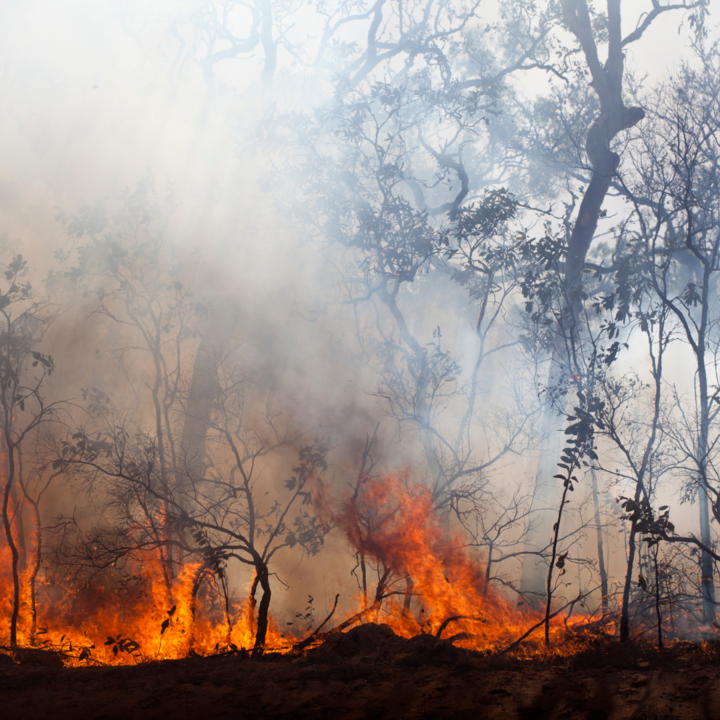Tips for managing your respiratory condition this Bushfire season

When we see dragonflies and a slight change in the temperature, we know the dry season is approaching fast. Now I’m sure we all can agree that the dry season is such a beautiful time of the year in the Top End due to the cooler mornings and nights but… it also means bushfire season!
Does the dry season affect your breathing? Could it be due to the drop in temperature, bushfire smoke or even both? Bushfire smoke contains many different substances from ash to much smaller particles and gases. Breathing in the smoke can irritate the lungs, nose and eyes affecting the respiratory and cardiovascular system.
Everyone can be affected from exposure to bushfire smoke, but some of us at greater risk these include:
- People with respiratory conditions such as asthma and COPD
- Pregnant women, children, and infants
- Elderly people who have existing health problems such as lung and heart conditions.
Be prepared for this upcoming season with the following tips:
- Take your daily medications (if prescribed).
- Have a review with your GP and/or AFNT to ensure that you are using your inhalers correctly (puffer and spacer guys!)
- Carry your blue/grey puffer and a spacer at all times
- Follow your Asthma Action Plan or have it reviewed and updated
- Ensure everyone who has contact with your child (teachers, childcare workers) know that smoke may trigger their asthma and what they should do in such an event
- Too smoky outside? Minimise the amount of time spent outdoors. Close all windows inside your home, place air conditioning on recycle/recirculate and if possible, use an air purifier (HEPA) filter to reduce indoor smoke levels.
- If you are expected to be outside when air quality is poor, wearing a mask will reduce your exposure to smoke. This could be P2, N95, surgical or cloth masks.
- Know your community asthma first aid (4x4x4) in case of an emergency.
- Follow AFNT website or Bushfires NT Facebook page to stay updated on controlled burns in your area
- Follow air quality information on the AirRater app or you can check the quality of air at NTEPA
- If your symptoms persist, we recommend seeing your local GP.
- If you don’t already follow Bushfires NT FB page check it out here to get information on bushfires and burns in your area Bushfires NT
Take control of your asthma and prepare for this upcoming bushfire season now!...
AFNT acknowledges the Traditional Owners of the lands on which we meet and conduct our services, respecting language and culture and elders past and present.
© Asthma Foundation NT 2019
Darwin Web Design by Dash Media

